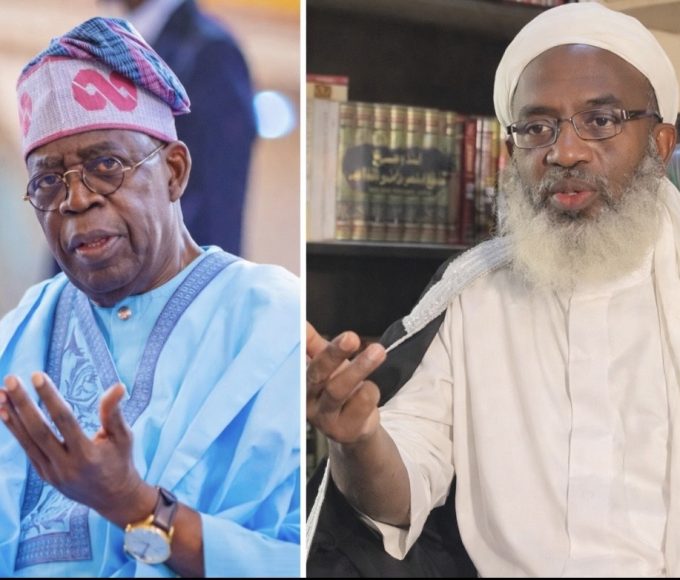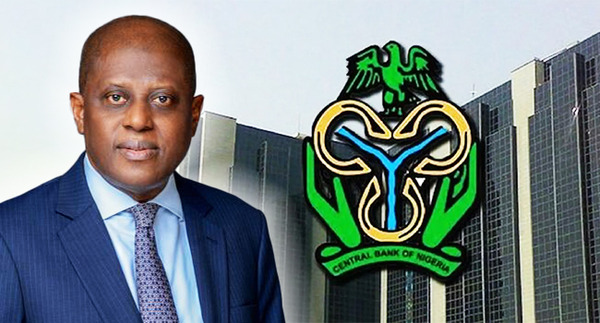
U.S. Senate Bill Seeks to Sanction Nigerian Officials Over Blasphemy Laws

A new bill pending in the United States Senate is seeking to have Nigeria officially listed on the “Country of Particular Concern” list because of what it specifies as systematic religious freedom abuses. The new bill, titled the Nigeria Religious Freedom Accountability Act of 2025, was introduced by U.S. Senator Ted Cruz and has since been referred to the Senate Committee on Foreign Relations for consideration. If passed, it would compel the U.S. Secretary of State to label Nigeria as a nation that practices or is culpable of egregious religious freedom abuses and impose sanctions on specific government officials who are linked to blasphemy laws and religious persecution.
The bill mandates the U.S. President to sanction under Executive Order 13818, which allows Washington to freeze assets and restrict financial transactions of those accountable for corruption or egregious violations of human rights. It also obliges the U.S. Department of State to report to Congress every year, identifying Nigerian federal and state government officials, judges, and law enforcement officers who have enacted or advocated for laws of blasphemy. Individuals who have aided and abetted or have failed to prevent violence perpetrated by religious extremists such as Boko Haram or ISIS-West Africa would also be named.
The State Department would review a period of ten years before the law is enacted to make the first report. Subsequent reports would focus on the years after the last submission. The reports should be made public, although they may include classified annexes if necessary. In essence, the bill is asking that the U.S. government document, identify, and punish individuals in Nigeria who sponsor or enact bills punishing people for alleged blasphemy or who do nothing when religious violence occurs.
Begun at the heart of the bill is Nigeria’s widely criticised blasphemy law, which criminalises the utterance or performance of an act deemed insulting to religion. The laws, critics, especially in some northern states that are under Sharia law, have been accused of being used to oppress minorities, persecute dissidents, and justify mob violence. Yahaya Sharif-Aminu’s case, who has been convicted of blasphemy and sentenced to death in Kano, among other such cases, has drawn international outrage and forced the government of Nigeria to move.
The law also calls for the U.S. Secretary of State to officially re-designate Nigeria as a “Country of Particular Concern” under the International Religious Freedom Act of 1998. It also requires that Boko Haram and ISIS-West Africa be designated as “Entities of Particular Concern,” as they are the groups involved in religiously motivated violence and terrorism. Such a designation is one of the most vigorous diplomatic protests the U.S. can issue on religious freedom matters. It can set the stage for sanctions, visa denial, and other penalties unless waived.
CLICK HERE TO VIEW THE BILL IN PDF
The bill allows for waivers in some cases. The Secretary of State, for instance, may suspend the designation if Boko Haram and ISIS-West Africa are no longer active in Nigeria and the Nigerian government stops enforcing blasphemy laws. However, until then, the act requires maintaining pressure to bring about accountability.
The Nigeria Religious Freedom Accountability Act of 2025, if passed, would have far-reaching consequences for U.S.–Nigeria relations. Nigeria remains one of America’s leading African allies, particularly in security and antiterrorism. Washington has been repeatedly beset, however, by mounting religious intolerance and the government’s failure, or refusal, to protect its citizens from sectarian attacks. Nigeria was designated as a “Country of Particular Concern” under the previous administration of former President Donald Trump in 2020. However, it was downgraded by the current administration of President Joe Biden in 2021, a move that received criticism from religious rights organisations.
By resubmitting the legislation, the U.S. Senate appears to be reigniting that debate and sending a message of mounting pressure on Nigeria to protect religious minorities better and shore up its blasphemy laws. For Nigerian leaders, the bill could mean more scrutiny of domestic policies and possible travel or economic sanctions for leaders who are found to be complicit in religious persecution.
In its ambit, the bill’s definition of Nigerian blasphemy laws includes any part of Nigeria’s criminal, penal, or Sharia codes that criminalise speech, belief, or conduct that is considered offensive to religion. The bill also formally names Boko Haram as Jama’atu Ahlis Sunna Lidda’awati wal-Jihad, and ISIS-West Africa as the Islamic State West Africa Province. The legislation will go through the Senate Committee on Foreign Relations and the House Committee on Foreign Affairs before a final resolution is reached.
If the Nigeria Religious Freedom Accountability Act of 2025 became a law, it would represent one of the most explicit U.S. interventions into Nigeria’s religious freedom and human rights record in years—one that can reshape how both nations engage issues of faith, power, and accountability.
Read: How Nigeria Snatched World Cup Playoff Spot Despite Fewer Raw Points
About The Author
Related Articles
Tinubu Follows Gumi’s Lead as Nigeria Signs Turkey Defence Deal, Fueling Speculation Over Who Really Controls the Country’s Security Policy
Nigeria’s diplomatic and security strategy is once again under scrutiny after a...
ByWest Africa WeeklyJanuary 28, 2026Burkina Faso President Ibrahim Traoré Reviews 2025 Achievements, Sets Ambitious Agenda for 2026
Burkina Faso’s President, Ibrahim Traoré, has described 2025 as a year of...
ByWest Africa WeeklyJanuary 28, 2026Mali Says Reports of New Three-State Sahel Currency Are False but Talks Continue on Economic Integration
Mali’s government has rejected claims that it and its neighbours, Burkina Faso...
ByWest Africa WeeklyJanuary 28, 2026CBN Upgrades Opay, Moniepoint, Kuda and Others to National Licences
The Central Bank of Nigeria has upgraded the operating licences of several...
ByWest Africa WeeklyJanuary 28, 2026












Leave a comment